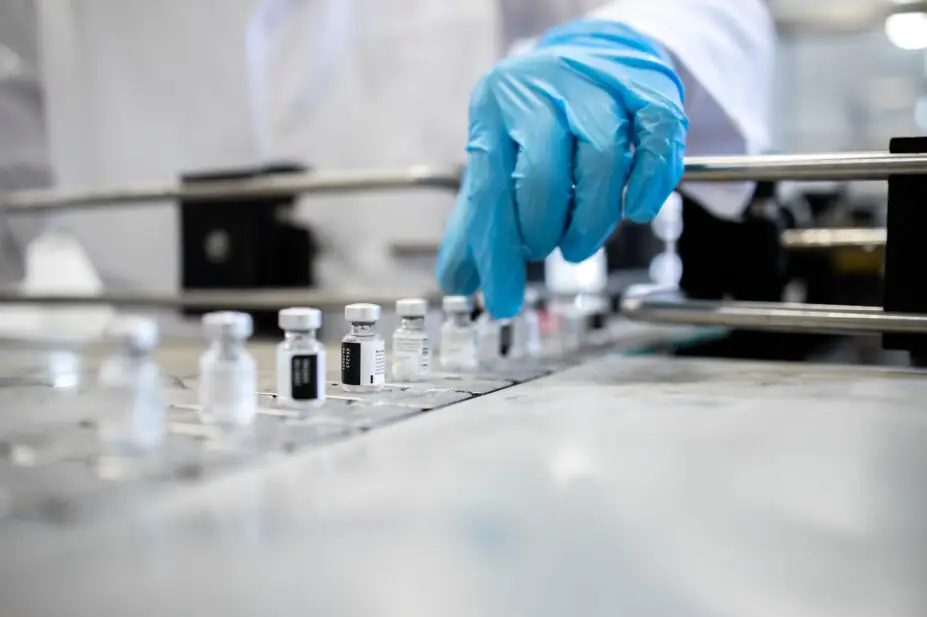
Shutterstock.com
The House of Lords Science and Technology Committee has raised concerns over the UK’s preparedness for another pandemic, calling for the establishment of a “peacetime vaccines taskforce” to ensure the UK retains its “robust vaccine manufacturing and scale-up capacity”.
A letter addressed to Pat McFadden, chancellor of the Duchy of Lancaster — who is also lead for the ‘UK Biological Security Strategy’ — on 4 December 2024, said that while the “UK was able to produce a novel vaccine swiftly” during the COVID-19 pandemic, “there is no guarantee we would be able to do this for the next pandemic”.
The letter, written by Baroness Brown of Cambridge, chair of the Lords Science and Technology Committee, follows evidence presented to the committee in October 2024 by specialists involved in the development and rollout of the Oxford–AstraZeneca COVID-19 vaccine.
The committee recommended in the letter that the government appoint a chief vaccines officer for the peacetime taskforce to coordinate procurement and “provide a clear, single point of contact for the government to interface with the vaccines sector”.
It added that the peacetime vaccine taskforce would be responsible for commissioning and procuring doses of vaccines to be manufactured in response to novel virus outbreaks around the world, adding that this could drive procurement of domestically developed vaccines, including design, testing and scaled manufacturing.
Other recommendations in the letter called for the government to provide regular updates on the UK Biological Security Strategy’s progress and conduct regular pandemic preparedness exercises; a need for a portfolio of different vaccine technologies and approaches; and longer-term funding for university-based research facilities of vaccine development and manufacturing.
The committee also emphasised that the UK must have a resilient, diversified domestic vaccine manufacturing sector — from research through to clinical trials and large manufacturing — and that lessons are learned from the COVID-19 pandemic.
Commenting on the recommendations, Amira Guirguis, chair of the Royal Pharmaceutical Society’s (RPS) science and research committee, said: “The proposal to establish a ‘peacetime vaccines taskforce’ to ensure continuous vaccine production and readiness is highly commendable.
“The COVID-19 pandemic demonstrated how urgent challenges can spur rapid advancements in vaccine technology. Significant funding was a catalyst for these innovations, highlighting the importance of sustained investment in research and development and manufacturing capabilities.
“Continuous activity in this sector is vital to maintaining the expertise and supply chains necessary for rapid scaling during a crisis.”
The letter follows a report by the RPS on medicines shortages, published in November 2024, which described how reshoring medicines manufacturing would contribute to the resilience of the medicines supply chain in the UK.
Also in November 2024, the UK Vaccine Network published a guide for rapid development of future vaccines. The guide aims to help researchers use lessons learned from the COVID-19 pandemic to speed up new vaccine development, within 100 days, in response to future pandemics.
Commenting on the guide, Stephen Oakeshott, head of infections and immunity at the Medical Research Council, UK Research and Innovation, said: “Rapid vaccine development is essential when facing a pandemic or epidemic threat, and the first 100 days of an outbreak are considered a crucial period for action.
“Ensuring we have clear pathways to rapidly and efficiently create the vaccines that will protect us from future disease challenges is incredibly important and we are proud to have been able to support this project.”


